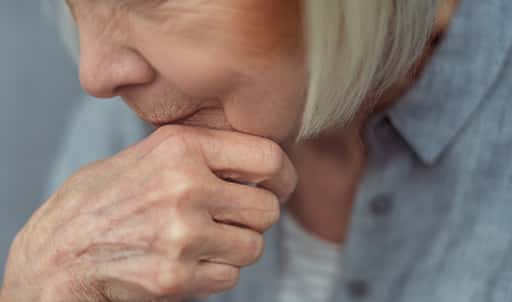The holidays are usually a joyous time, filled with love, laughter and family. Families gather to cook family recipes, visit with children and grandchildren and enjoy holiday traditions. However, while most families are enjoying this time together, many older adults struggle during the holidays.
Holiday Memories
As families gather for the holidays, the memories of friends and loved ones that have passed away may linger. This may be the first year celebrating without a spouse or best friend, which may be difficult for some older adults to overcome. Some older adults may not want to be included in some holiday traditions because it is difficult for them to participate without their special someone by their side. At times, grief can turn into depression, which can be heightened during the holidays.
Isolation
When you notice that an older adult is not in the holiday spirit or not interested in participating in holiday events, they may be experiencing isolation. It could be that too many people are attending an event or that it is simply too difficult for them to attend. Every person deals with isolation in their own way. Try to understand the reason and help them overcome their challenges.
Signs of Depression
Symptoms of depression can happen at any time, but they can be more prevalent during the holiday season. Have you noticed your elderly loved one struggling to get through the day? Do they seem to be losing interest in socializing with friends and family?
Depression can affect anyone, no matter your age. However, recognizing the signs of depression in yourself or others can be difficult. Knowing the signs and symptoms will help you recognize depression in your elderly loved ones.
 Check out these most common signs of depression:
Check out these most common signs of depression:
- Continuous feeling of sadness/ tearful mood
- Weight loss/ weight gain
- Isolation from others
- Loss of interest
- Feelings of guilt or hopelessness
- Insomnia
- Constant fatigue
- Memory problems
- Ignoring personal hygiene
- Lack of motivation
What can you do?
Once you recognize signs of depression, what can you do? It’s imperative to know that depression is treatable. First, you should stay healthy by taking care of your mind, body, and spirit. Next, staying engaged through socialization and activities will help boost your mood. Lastly, seek professional help. Treatment, including medication, counseling, and/or lifestyle changes can help combat the symptoms of depression.
If you notice signs of depression in a loved one, talk to their physician about your concerns. Click here to learn more about signs to look for during the holidays.

